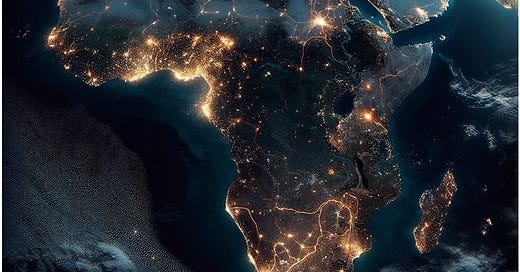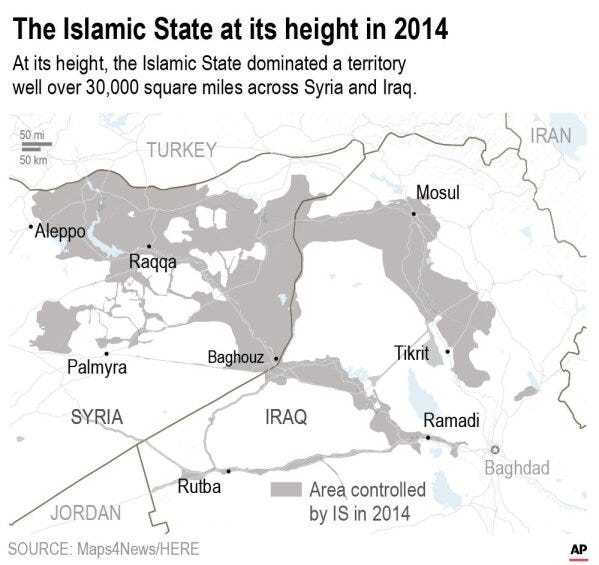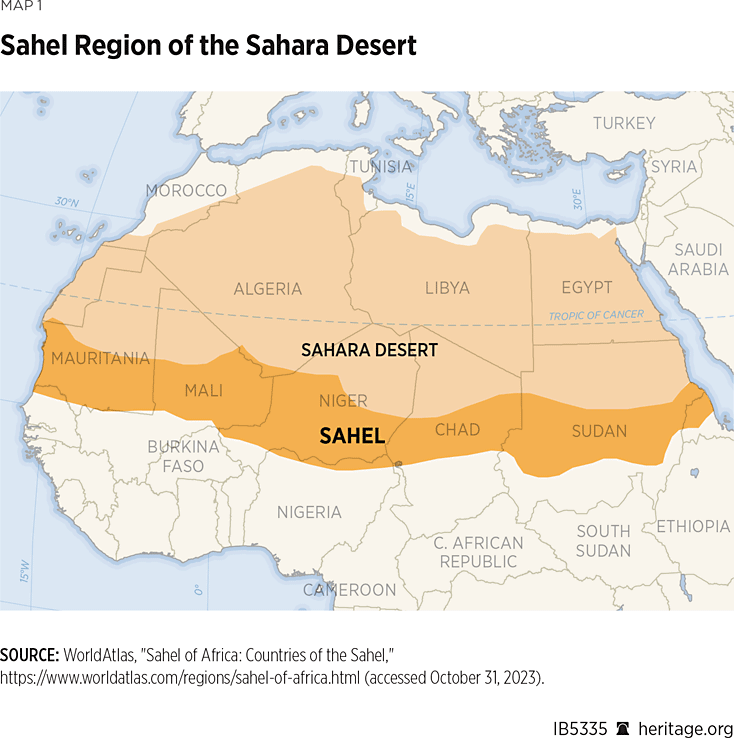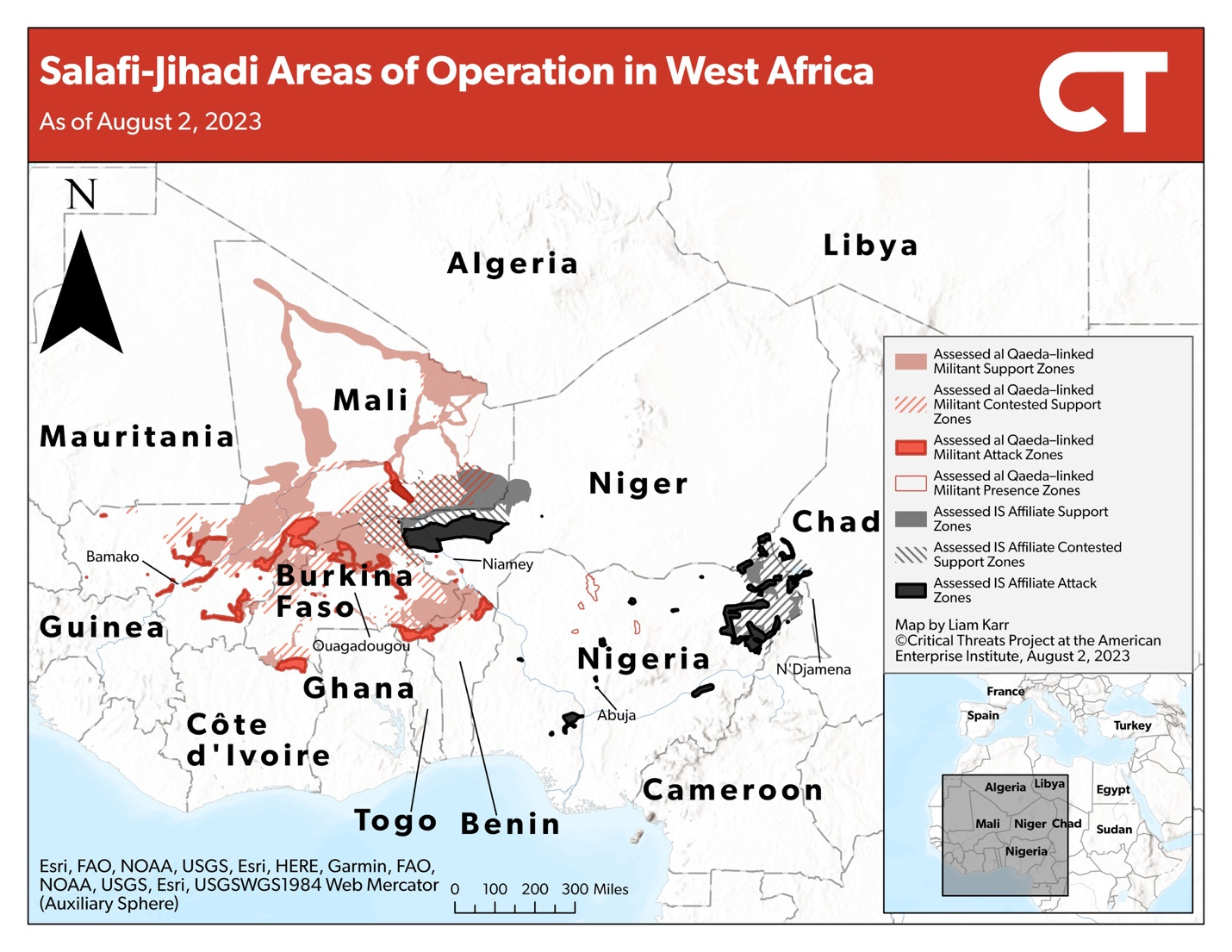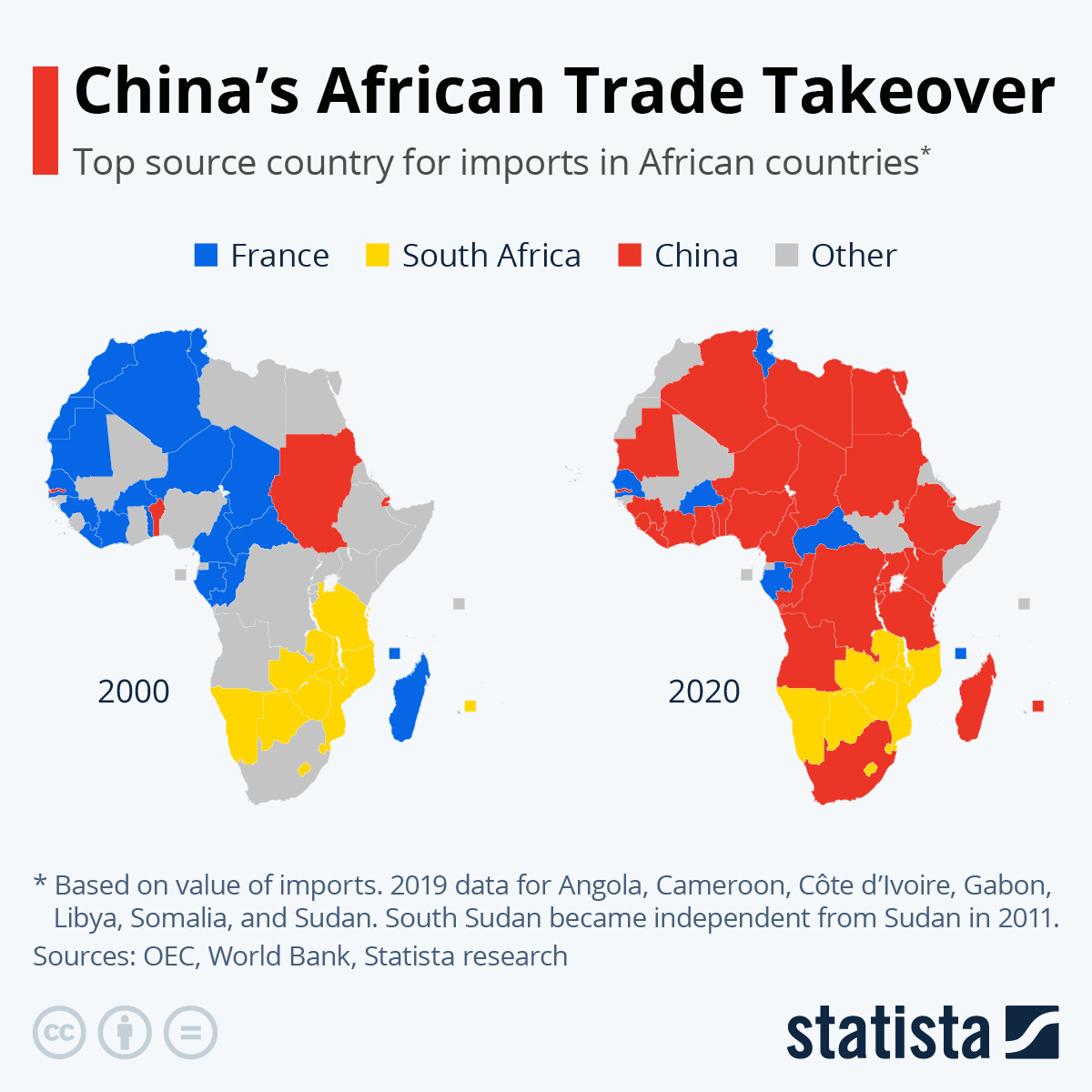Key takeaways
1. Growing Influence of Competitors: The US is losing ground in the Sahel as Russia and China gain favor. These countries offer security solutions and economic partnerships that are appealing to local governments, reducing American influence and control in the region.
2. Security and Strategic Risks: The departure of US forces from key countries like Niger and Chad limits America’s ability to conduct counterterrorism activities and access crucial minerals needed for modern technologies. This poses a significant security and economic risk.
3. Need for a New Approach: To regain influence and ensure security, the US must focus on non-military avenues like economic development, cultural exchanges, and building genuine partnerships. This holistic approach aims to win hearts and minds, ensuring long-term stability and mutual benefits.
America entered Afghanistan shortly after 9/11 with the primary goal of preventing Al Qaeda from using the country as a base to launch future terror attacks. The lawless, rugged, and relatively ungoverned space had provided a haven for Al Qaeda to plan and launch the 9/11 attacks. No matter how you feel about America’s ensuing 20-year occupation of Afghanistan, you cannot deny that it was successful in preventing future attacks on the US homeland from the country.
Terrorism tends to thrive in such ungovernable regions, places with a rugged environment, sparse populations, and weak official governments. In the 2010s, the ISIS Caliphate briefly controlled roughly one third of Syria and 40% of Iraq before a coalition of countries recaptured the territory[i].
Another such ungovernable space is the Sahel region in Africa, just south of the Sahara Desert.
Like Afghanistan and the ISIS Caliphate before it, radical jihadist groups have begun to operate and control swaths of territory there. The official nations that govern the territory are weak and lack the capacity to combat the Jihadi groups without help. Shortly after 9/11 and without much fanfare, the US military began to conduct counterterrorism operations in the Sahel. In some cases, they advised local governments and in others they conducted direct counterterrorism operations, often from their drone base network.
This week, the US was ejected from two countries in the Sahel: Niger and Chad[ii].
Some of the anti-American sentiment that prompted the expulsion dates back to colonial backlash from Europe’s brutal Scramble for Africa in the 19th century. France has also recently been ejected from the region. But some of the sentiment also comes from inroads China and Russia have made in the region. They have positioned themselves as alternative security guarantors to the weak states in the region, and those arguments have resonated.
New polling from Gallup sees strong approval for Russia and China in many parts of the Sahel. “Last year, China recorded its highest approval rating in Africa in over a decade,” Julie Ray, managing editor for world news at Gallup, told me. “It picked up substantial support in countries in Western Africa — which helped nudge it ahead of the US by two percentage points.[iii]”
In this article, I’m going to describe why the Sahel is important to US security, how we’re losing hearts and minds to China and Russia, and how we can reassert ourselves in Africa, bringing the continent prosperity and the US security.
AFRICOM
Immediately after 9/11, the US security footprint in Africa was limited. Responsibility for US military operations in Africa was divided across three commands: United States European Command (EUCOM) for West Africa, United States Central Command (CENTCOM) for East Africa, and United States Pacific Command (PACOM) for Indian Ocean waters and islands off the east coast of Africa[iv].
In 2007, the Bush Administration created AFRICOM, which established a unified command of US forces in Africa.
Throughout the late 2000s and 2010s, the US military footprint in Africa expanded alongside the growing threats from the region. By the early-2020s, the US had approximately 20 outposts across Africa[v]. Exact numbers are difficult to pin down because of US secrecy on the matter. Violence from Jihadi insurgencies has also increased in the region since the 2000s. Boko Haram is a major militant group in Nigeria, but the Sahel has also become home to Al Qaeda and ISIS affiliates.
The New Scramble for Africa
In the 19th century, European empire’s colonized Africa during what became known as “the Scramble for Africa”, due to the competition between European powers for territory. In the 21st century, there is a New Scramble for Africa taking place between the West on one side and an axis of China, Russia, and Iran on the other side. Instead of direct territorial conquest like in the 19th century, this conquest is taking place through transnational corporate concessions, mercenary militias, and information warfare on the smokeless battlefields of people’s minds. And the West is losing.
Across the Sahel, there have been a rash of coups backed by the Russian mercenary group formerly known as Wagner, recently rebranded as “Africa Corps”. These coups have replaced democratically elected governments with Russia-aligned governments that tend to be anti-Western in orientation. After the US withdrew from Niger, a contingent of Russian Africa Corps advisors arrived with a murky mission to train Niger’s forces[vi]. After a 2023 coup, Niger’s new Prime Minister flew to Tehran to discuss partnership with Iran[vii].
China has also been extremely active on the continent. Since 2000, China has become the dominant trading partner with most African countries, an economic relationship that can be leveraged for other objectives.
China also builds infrastructure, typically with no strings attached. A common aphorism is that “when China comes, we get a railroad; when the United States comes, we get a lecture”.
The ejection of the US and subsequent partnerships with American adversaries has two main drawbacks: security and access to commodities. First, countries in the Sahel often think Russian mercenaries will do a better job than American forces at protecting the public from Jihadi violence. Once US forces leave, they lose line of sight into these terrorist groups and any intelligence they may have about future attacks. While far from perfect, the US is competent at gathering and sharing intelligence about terror group plans. In a worst-case scenario, America’s adversaries could even weaponize Jihadi groups against our interests.
Second, the Sahel and Africa more broadly is home to vast mineral wealth. Niger, and some of the other “coup-belt” countries are the largest uranium producers in the world. Many of the metals required in a heavily electrified society, namely cobalt, are also mined in Africa. To have a 21st century economy, it’s important that America has access to these raw minerals.
Preventing Afrighanistan
Winning hearts and minds in Africa won’t take coups and military force, it will take Levi jeans and Boeing airplanes. Exporting goods to Africa’s middle class will create jobs in America and create goodwill abroad in a way a barrel of a gun never can. Africa has the fastest growing population on the planet, so this is a very good long-term consumer market for America. At 1.3 billion people today, very young and with the highest fertility rates in the world, its population is expected to reach 2.5 billion by 2050.
Nations with limited economic opportunities, high youth unemployment, and low standards of living have weak governments that are a haven for bad actors. Conversely, affluent societies with happy people have strong governments. By investing in Africa’s economic development, through consumer trade, infrastructure projects, and particularly by exporting its culture, America can maintain in-roads to Africa.
Of course, there is a military element to preventing Afrighanistan. Despite very strong political forces calling for America to withdraw from the world and focus on the homeland, political leadership needs to articulate the importance of America’s counterterrorism mission in the Sahel. Staying actively engaged in AFRICOM’s counterterrorism mission and competing with Russia, China, and Iran is putting America First.
The geopolitical shifts in the Sahel region highlight a critical challenge for the United States: maintaining influence and security in a rapidly changing African landscape. The recent ejections of the US from Niger and Chad, alongside rising anti-American sentiment influenced by historical colonial legacies and the strategic maneuvers of Russia and China, underscore the urgent need for the US to adapt its approach. This involves not only countering the influence of global competitors but also actively investing in Africa's development to win hearts and minds. The creation of AFRICOM and the continued engagement in counterterrorism are essential, yet they must be part of a broader, more holistic approach that emphasizes economic partnerships and cultural diplomacy. The stakes are high, with security and access to critical resources on the line, making it imperative for the US to reassert its presence and leadership in a manner that brings mutual prosperity and stability to both Africa and the United States.
[i] https://www.wilsoncenter.org/article/timeline-the-rise-spread-and-fall-the-islamic-state
[ii] https://www.nytimes.com/2024/04/25/us/politics/chad-us-troop-withdrawal.html?smid=nytcore-ios-share&referringSource=articleShare&sgrp=c-cb
[iii] https://www.washingtonpost.com/world/2024/04/24/niger-sahel-russia-africa-corps-united-states/
[iv] https://en.m.wikipedia.org/wiki/United_States_Africa_Command
[v] https://theintercept.com/2023/09/08/africa-air-base-us-military/
https://www.washingtonpost.com/world/2024/04/24/niger-sahel-russia-africa-corps-united-states/
[vii] https://www.washingtonpost.com/world/2024/04/24/niger-sahel-russia-africa-corps-united-states/

